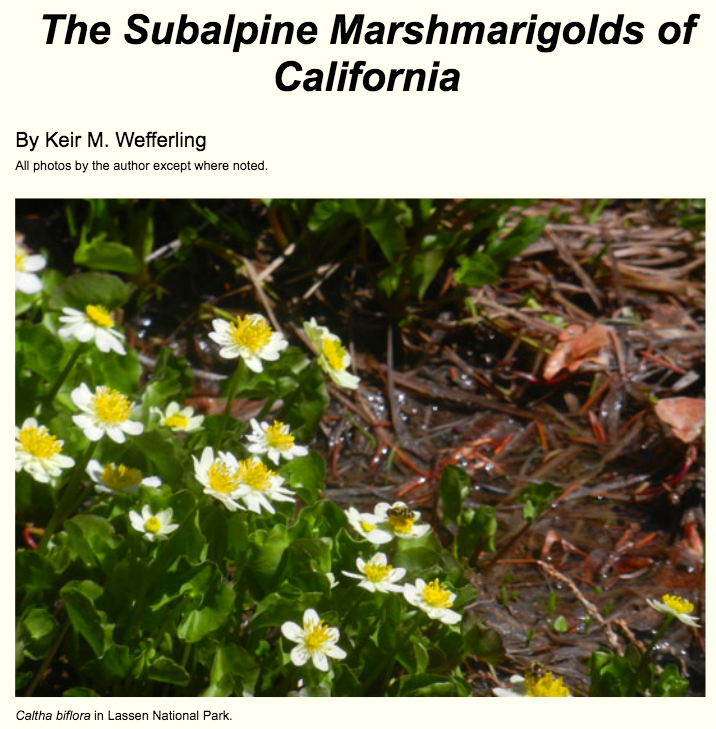Taxonomist appreciation, in verse
So apparently today is Taxonomist Appreciation Day, huzzah! And on this momentous occasion, the following verse crossed my edesk, courtesy of Fredrick Schueler:
If it wasn’t for the namers what would we do,
We wouldn’t have names both short and true,
We couldn’t specify a creature in a word or two,
If it wasn’t for the work of the namers.If it wasn’t for the namers you’d just shrug
and call every crawling thing a bug.
Nothing makes a person a more perfect mug
than to disregard the work of the namers.*If it wasn’t for the namers where would we be,
We wouldn’t have synonymy,
Each would use his favourite name and all would disagree,
If it wasn’t for the work of the namers.If it wasn’t for the namers we wouldn’t know,
To regard Sorex as a Shrew,
We wouldn’t know cinereus from fumeus and you,
Would simply scream “A shrewmouse there, step on it!”If it wasn’t for the namers where’d we begin
to know who was kith and kin?
There would be no way to know which clade we’re in
if it wasn’t for the work of the namers.*If it wasn’t for the namers what would we do,
We wouldn’t have names both short and true,
We couldn’t specify a creature in a word or two,
If it wasn’t for the work of the namers.
*’d verses, June 2013, Gagetown bioblitz. – https://bioblitznb.wordpress.com/2013/06/21/a-poem-by-fred-schueler/comment-page-1/
On the way back from Wawa, Ontario (6 October 2000 – the day we drove for 20 hrs) – to the tune of “If it was na’for the wark o’ the weavers. – to the tune of https://www.youtube.com/watch?v=Ix_fIy5zgv0&fbclid=IwAR0iiTXIRKe86TuJvpohFfNvKLkjQ15vsiX5llL2LLPl09omzY7lThnWaFU
